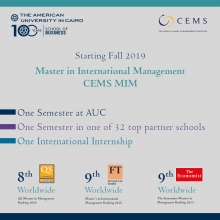This special issue focuses on decolonising management and organisational knowledge (MOK), a vital and timely endeavour. The contemporary globalised world is experiencing new and continuing conditions of coloniality/decoloniality (Mignolo & Walsh, 2018) organised by forces of transnational capital and the nation-state on the one side, but counter-balanced by resurging, insurging peoples and scholars on the other. The nature and momentum of these axes of neo-colonial power and decolonial praxis-theory (Mignolo & Walsh, 2018) has led Mbembe (2016: 36) to observe that the “decolonizing project is back on the agenda worldwide”. Decolonial conversations set out to both critique the “dominant Eurocentric academic model” and “imagine what an alternative to this model could look like” (Mbembe, 2016: 36). Decolonial feminists (Lugones, 2010; Mohanty, 2003; Simpson, 2011) call for nothing less than the transformation of hetero-patriarchal, colonial, and racist structures of organisation and power, and the revival of Indigenous knowledges-practices. Most MOK as is generally understood – theory, discourse, practice, and its asymmetrical generative structures of production, distribution, and consumption - is based on the dominant Eurocentric academic model. Decolonising sentiments in respect of that model have expressed themselves as a recent coming together of regional scholars and non-scholars (e.g., the African AOM, LAEMOS) to assert difference from hegemonic forms of MOK built on colonial blindness. It is no coincidence, then, that over a third of all “decolonial management” scholarship emerged in the year 2017 alone (googlescholar search on 12 October 2018). It is therefore timely to revisit the broad theme of coloniality/decoloniality, and management and organisational knowledge.






